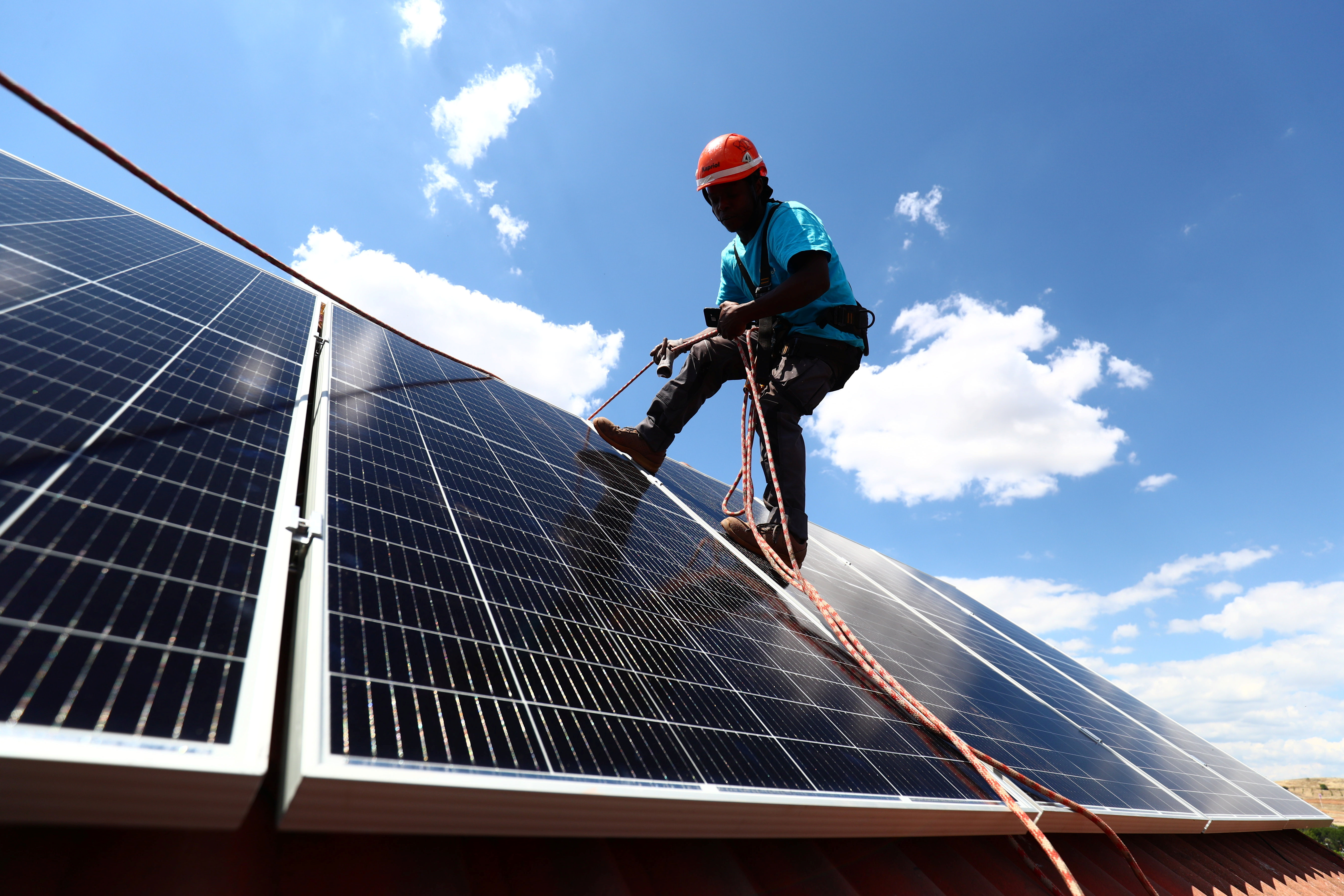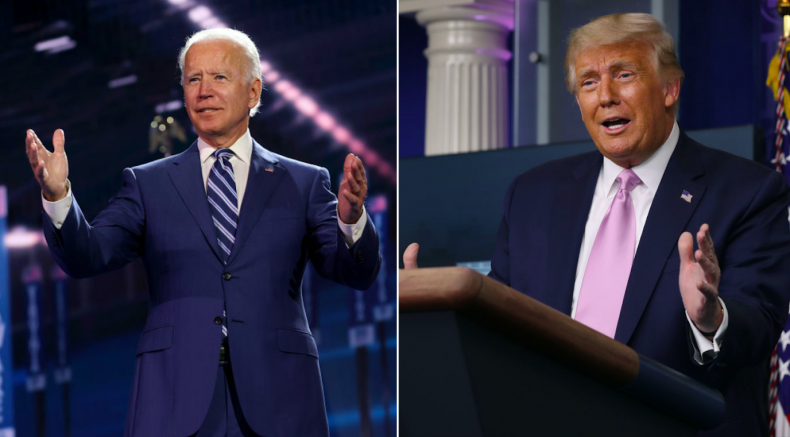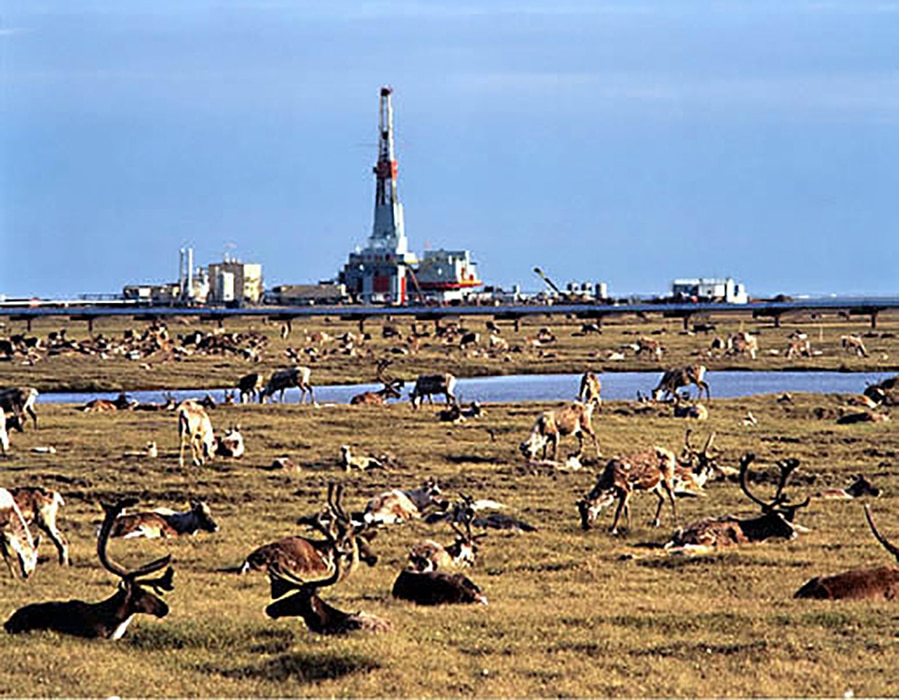P. R. Kumaraswamy
Over the past hundred years India’s policy toward Israel has faced numerous challenges and prompted different approaches. While there were no problems or disputes with Israel, India pursued a policy of recognition without relations. The end of the Cold War, the shift in Middle East dynamics after the Kuwaiti crisis (1990-1991), and India’s economic growth prompted India to chart a new course that better reflects its interests and its desire to project its strength. Although normalization has been in place for over a quarter of a century, relations between India and Israel continue to arouse much interest, both in India and abroad, primarily due to the gradualist approach and the efforts to integrate Israel into a wider Middle East policy. Under the Narendra Modi government, Israel is “special,” and India has successfully skirted the negative implications of relations with the Jewish state, but at the same time Israel is “normal,” given that India no longer fears overt relations.
Introduction
In his campaign for the September 2019 Knesset election, Prime Minister Benjamin Netanyahu used images of three international figures: United States President Donald Trump, Russian President Vladimir Putin, and Indian Prime Minister Narendra Modi. Though a rather unlikely montage, the inclusion of the first two leaders is understandable. The US is Israel’s principal strategic ally, and bilateral ties have grown particularly strong under Trump, while the Russian immigrants comprise a sizable portion of the Israeli electorate. But why Modi? When the number of Israelis of Indian origin is insignificant, how many votes was Netanyahu planning to gain by playing the Modi card? Rather, instead of trying to lure voters, Israel’s longest-serving Prime Minister was conveying a powerful message: under his leadership, Israel was not alone but has been courted by important global personalities (PM Modi features in Netanyahu’s election campaign in Israel,” 2019). Intentionally or otherwise, Netanyahu has heightened India’s importance in Israel’s foreign policy calculus. How did this happen? Or was it always the case?











